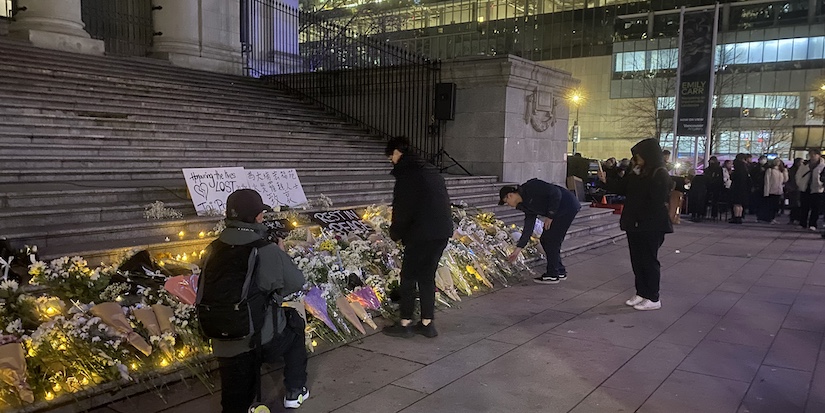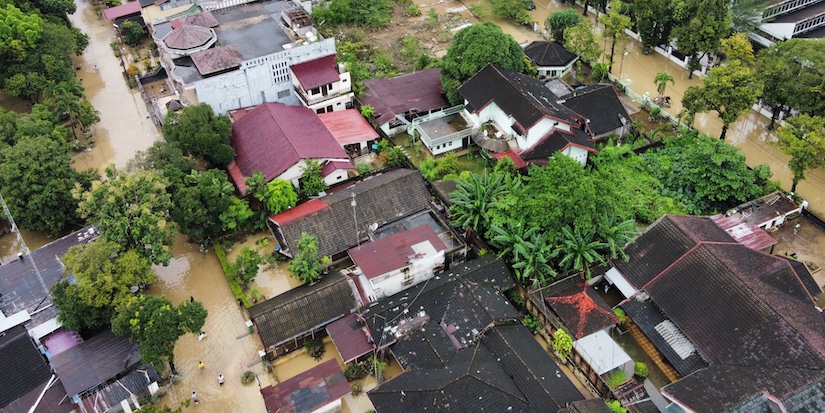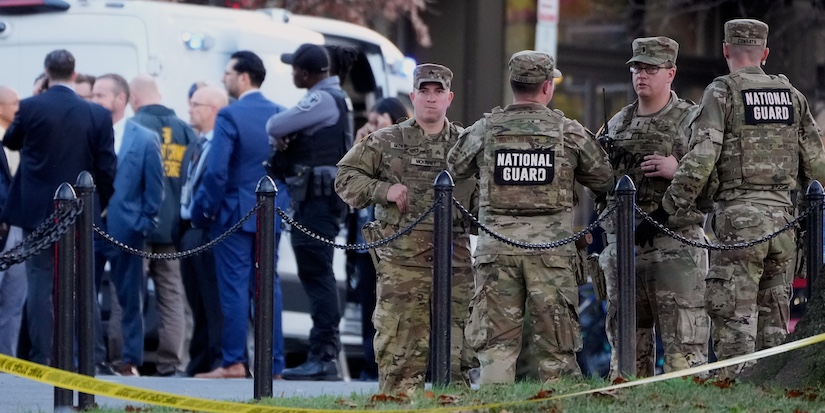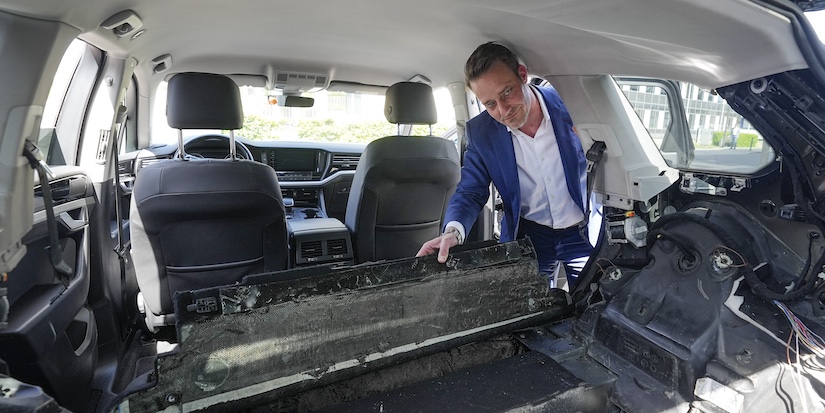Latest News
Library visits help students do better in school
A visit to the library does more than just
inspire. It also helps students do better in school.
“We know that regular visits to the library
give children the message that reading is important, and encourages lifelong
learning,” says Melanie Au, co-ordinator of children and family services at the
Richmond Public Library. “Many teachers bring their classes to the library for
tours and special programs, and encourage students to get library cards.”
In celebrating Literary Month this September,
Richmond Public Library is promoting the importance of literary skills through
various ongoing programs. These include story times, reading buddies
(one-on-one reading for children), book clubs, author talks and writing
programs. Special guests such as Mayor Malcolm Brodie and city councillors will
also be on hand to award participants with special prizes and medals to all
children in the summer reading clubs, that this year attracted more than 4,000
participants in various age groups. The summer reading finale will be held
Sept. 8 from 1:30 to 4:30 p.m. at the Brighouse branch, 7700 Minoru Gate.
A 1998 report by Cunningham and Stanovich for
the National Center for Educational Statistics suggests literacy is more than
just learning to read and write. It also includes the ability to interpret and
communicate ideas, critical in helping us make sense of the world. It also
indicates that:
• The level of a person’s literacy skills
will have a huge influence on education, work and life opportunities;
• The most important factor to influence a
child’s future success is whether or not they were read to in their early years;
• Teaching early literacy skills are
particularly important, because children who have not developed basic literacy
skills by the time they enter school are three to four times more likely to
drop out in later years; and
• Reading frequently and consistently is
linked to academic success in general, particularly high performance in
vocabulary, spelling, fluency and reading comprehension.
Richmond Public Library works closely with
teachers to ensure that the library has resources that will support student
needs, Au says.
“The school curriculum is now focusing on the
inquiry based teaching method which encourages self-led learning and discovery,”
she says.
The library has many resources and programs
that can support teachers and students, such as:
• Engaging print and ebooks that encourage
students to examine various topics from different perspectives;
• Discovery Kits — special kits that include
primary source documents, artefacts and books on specific topics studies at
school;
•
Soldier files — replicas of military documents telling the story of
individual soldiers of the First and Second World Wars;
• Science kits — hands-on learning sets with
books, DVDs and learning toys on topics such as forensics and physics;
• Story time kits —books and activities that
assist Early Childhood educators in teaching literacy units; and
• Digital tools that teach digital literacy.
“Stories found in library books can also
build imaginative thinking, empathy, social skills and widen a person’s
worldview which supports the school curriculum’s emphasis on socio-emotional
development,” Au notes.
































